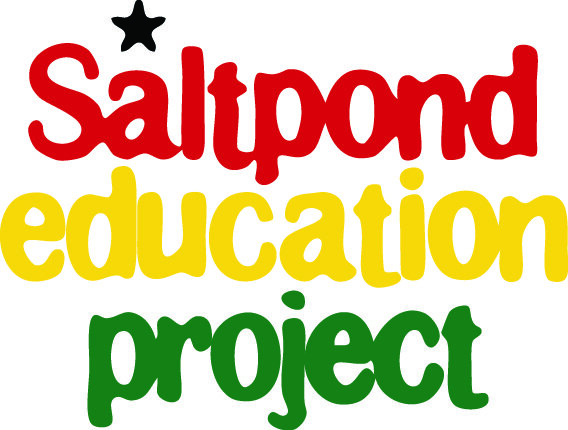Background
Based in Saltpond, Ghana, the SEP Happy School was set up for local children who couldn’t access mainstream schools. Founded on the principles of dynamic, inspiring teaching and serving the needs of the community, SEP has grown to become a locally led project which is an integral part of the Saltpond community.
In the beginning
Co-founder Rachel visited Ghana in 2007, where she met Mike Ofori – a passionate local teacher – who wanted to set up a school project for the under-served children in his hometown of Saltpond.
Over the next couple of years, the co-founders raised funds to help Mike and his brother Emmanuel, who was also a teacher – set up their dream school. SEP Happy School, so-named by the students, opened for teaching in September 2010 and now has over two hundred children on its register, supported by nine brilliantly dedicated members of staff.
In July 2010, the SEP became an officially registered charity in England and Wales (1136738).
In September 2015 we began sponsoring some of our highest-achieving students back into the state education system, sourcing good local JHS and secondary schools and paying for their entry and resources for a further six years, until the end of SHS 3.
The UK team now play a funding role and leave the management and development to the Ghanaian experts, though supporters and education specialists do visit the site to help train and assist teachers.
Saltpond
Our students come from the least affluent part of Saltpond, living along the seashore. Though the Central Region is a relatively fortunate part of Ghana, these particular children – like so many others – cannot afford the uniform, resources, or food that they are expected to purchase at state schools. We provide this, whilst also encouraging a sense of aspiration in our students, and an understanding of the value of education.
We are careful only to offer the facilities to students who really do not have the option of attending a government school at the time of enrollment, and our local project leaders carry out regular needs-assessment surveys.
We hope that, in time, our services will no longer be required, as the government continues to develop its education system in a way that means all students can access it.


